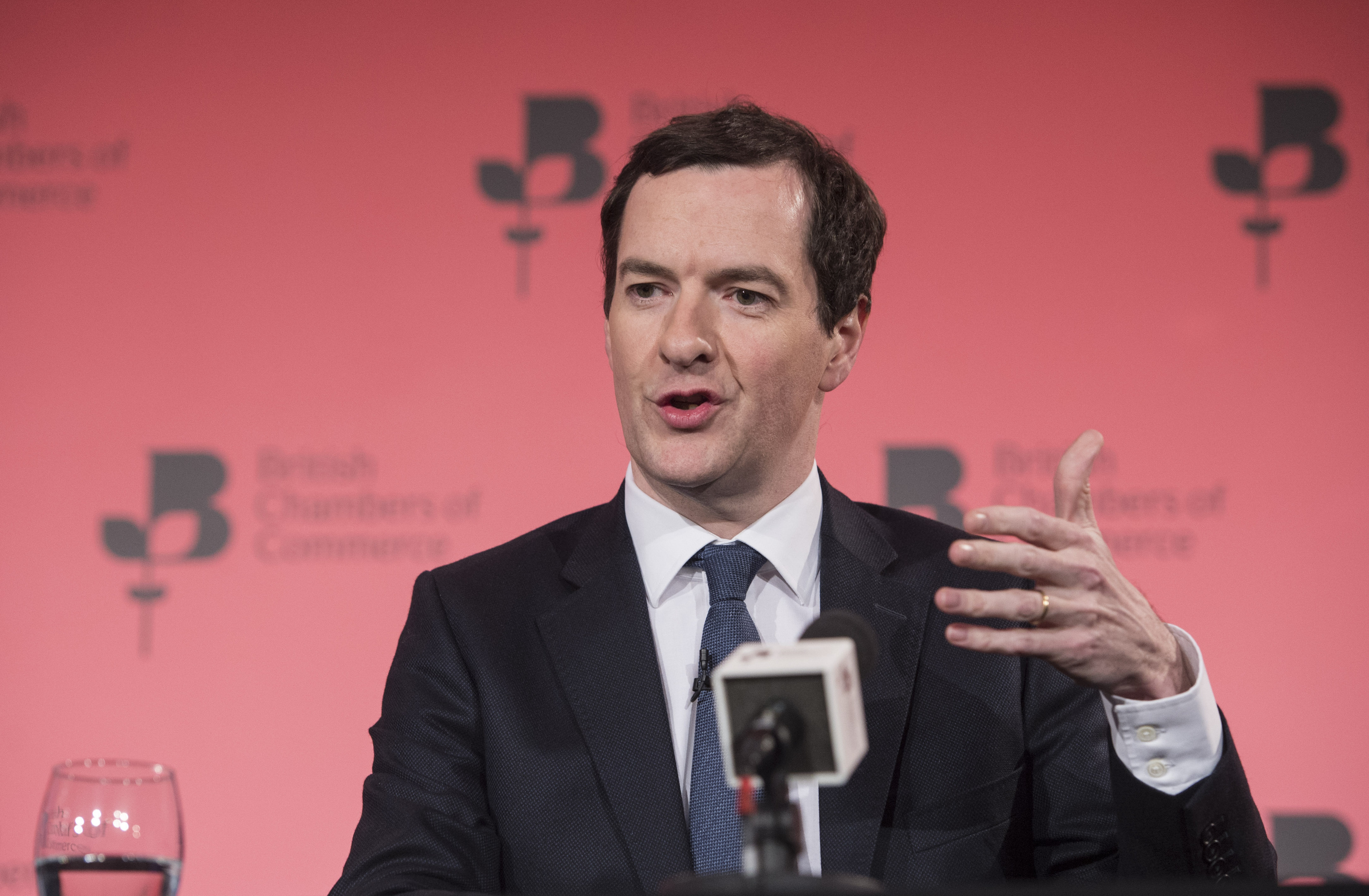
In a bid to raise billions of pounds and help balance Britain’s books, the Chancellor had been expected to unveil plans to make pensions more like ISAs in this month’s Budget.
That would have removed the upfront tax relief on contributions, but allowed withdrawals to be made tax-free instead.
But doing so would have reduced the incentive to save and could have meant people felt less inclined to keep their money in their pot.
He was also looking at an alternative option of setting a flat rate of tax relief – something which many Tories feared would have been unpopular with higher earners who would lose their more generous entitlement.
Both proposals had faced strong resistance from Tory MPs.
While the Chancellor’s climbdown was broadly welcomed last night, some analysts raised fears the changes had only been postponed and called on him to guarantee there would be no changes on tax relief until at least 2020.
Others, meanwhile, accused Osborne of missing a “huge opportunity” to tackle pension inequality and help the lower paid.
Read our extensive coverage of pension reforms – click here
Former Lib Dem pensions minister Steve Webb, now director of policy for Royal London, said: “There is a case for reform, for giving everybody the same generous rate of relief.
“But my plea to the Chancellor would be, on Budget day, tell us you are leaving it alone at least for a parliament so people can actually plan for the long term.”
Under the current system, pension savers receive tax relief at the same rate as their income tax – which is 20% for basic rate taxpayers and 40% or 45% for those in higher tax brackets.
The proposal to introduce arrangements similar to an ISA, with no tax relief on contributions but with withdrawals free of tax, would have given a significant short-term boost to the Government at the expense of lower tax revenue later.
The alternative option considered by the Treasury was for flat rate relief, which would have benefited basic-rate taxpayers and cut relief for big earners.
Mick McAteer, of the Financial Inclusion Centre, said he was “very disappointed” that the Government had stepped away from tackling the “clear inequality in our pension system”.
He said reducing tax relief for higher earners could have been used to provide a pension “top-up” for those on low incomes and zero-hours contracts.
Richard Parkin, head of pensions at investment firm Fidelity International, added: “The threat of radical change to pension tax relief appears to have receded for now.
“But we expect this is action postponed rather than action abandoned.”
READ MORE

Enjoy the convenience of having The Sunday Post delivered as a digital ePaper straight to your smartphone, tablet or computer.
Subscribe for only £5.49 a month and enjoy all the benefits of the printed paper as a digital replica.
Subscribe